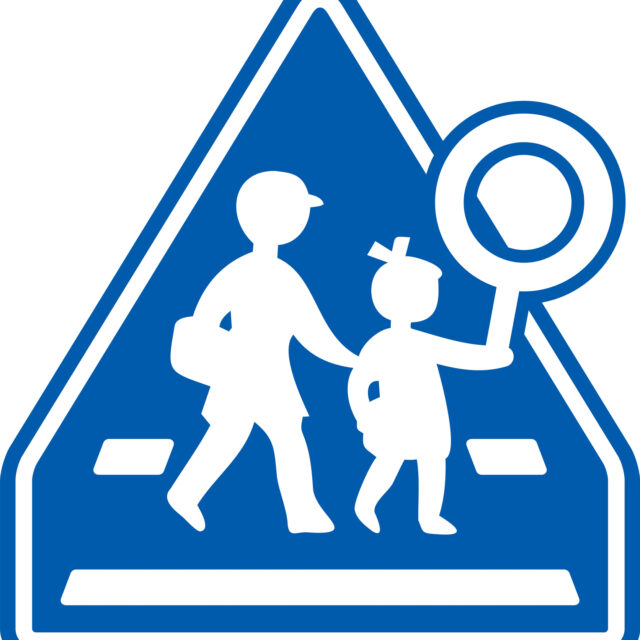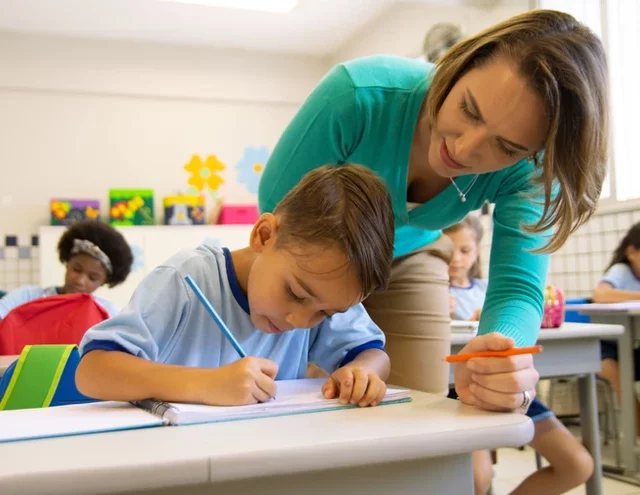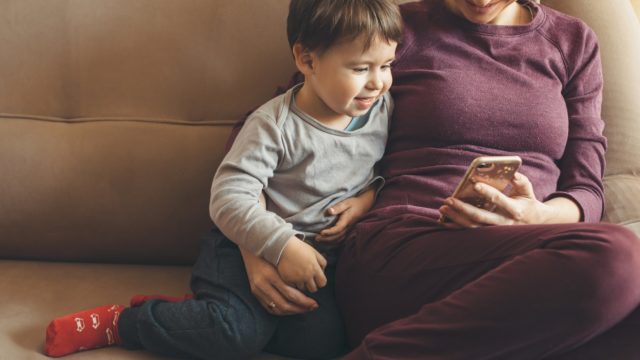Can Texting Parents Help Improve Children’s Development?
What role can technology play in supporting parents, so that they feel confident helping with their child’s literacy, language, numeracy and social and emotional skills? This blog from Anneka Dawson, Lucy Stokes and Ceri Williams explains some of the findings of their recent evaluation into the Tips by Text programme.

Finding ways to better support children’s development and learning in the early years has been recognised as an important topic for some time, but arguably has become even more pressing in light of the Covid-19 pandemic. Existing evidence suggests both home and school-based parental engagement can positively affect children’s learning and outcomes. But programmes to support parental engagement and enhance the home learning environment can often be resource-intensive to implement.
At the end of April, our joint report for the Education Endowment Foundation was published. This evaluated Tips by Text, a text messaging intervention for parents of children in Reception year (aged 4-5). Tips by Text was inspired in large part by similar interventions in the US, which have demonstrated that text messages can be an effective way of delivering support to parents and have shown positive impacts on young children’s literacy skills.
Developed by the Behavioural Insights Team (BIT) and Professor Susannah Loeb, Tips by Text seeks to improve children’s literacy, language, numeracy and socio-emotional skills by providing information and strategies that empower parents and encourage them to do more developmental activities, such as introducing children to new words when doing household tasks or counting the number of cars they pass on the way home from school. The texts were sent three times a week by BIT to parents of children aged 4-5 during the academic year 2019-2020. The three types of messages sent were:
- “FACT” texts, designed to inform and motivate parents by highlighting the importance of a particular skill or set of skills,
- “TIP” texts, designed to minimise the cognitive, emotional, and time burdens of engaged parenting through short, simple, and highly-specific activities for parents to do with their children that build on existing family routines and
- “GROWTH” texts, which provide encouragement, reinforcement, and extend the TIP texts.
An example is below:
| Fact | Tip | Growth |
| Having a strong vocabulary helps children become better communicators, readers, and writers. | Pick an object in the room (like a soft toy), but don’t tell {{child first name}}. Describe it to {{child him-her}} – try to use describing words like “fuzzy, brown, cuddly…” Can {{child he-she}} guess what you’re thinking of? | Keep working on vocabulary! Have {{child first name}} pick a secret item that {{child he-she}} can see in the room and describe it to you. Can you guess what it is? Ask for clues! |
The programme was evaluated through a randomised controlled trial (RCT), involving more than 100 schools in the North of England, alongside an implementation and process evaluation exploring whether the programme was implemented as intended as well as exploring factors that may influence impact.
The evaluation, and delivery of the text messages, commenced prior to the Covid-19 pandemic. But the onset, and evolution, of the pandemic meant that a number of changes had to be made, both to delivery (such as adapting some messages to make them more lockdown-friendly, and extending the delivery period from the planned 9 months to 12 months), and the evaluation, notably with post-testing initially postponed, and ultimately having to stop. Tips by Text is one of only a few education RCTs we are aware of in the UK that continued throughout the pandemic, which was possible due to the nature of the intervention not involving schools and joint working by BIT, EEF, Qa Research who carried out the child assessments and the evaluation teams.
Tips by Text took place in an unprecedented time, and the results of the evaluation need to be interpreted with this in mind. Not only were far fewer post-tests completed due to Covid-19 (around 30% of the number originally planned), but children experienced substantial disruption to their education and lives during this time, in a way that could not have been envisaged at the start of the evaluation.
Analysis of the literacy assessments that were able to be completed indicated children whose parents received the Tips by Text programme showed no additional progress in literacy skills, compared with children whose parents had not received the programme. However, the intervention was generally well-received by parents, finding that the texts were useful, were delivered at the right frequency and pitched at the right level with appropriate content. Most parents used the tips but were cautious when describing impacts because it was hard to attribute change in the context of the pandemic. A small number of parents felt that the texts were similar to activities they were already doing with their children and did not use them.
The big question is: what would have happened in the absence of Covid-19? It is not possible to know of course – would there have been a different impact, or would parents have responded to the messages differently? What is clear, however, is that there is still a substantive need to find ways to better support children’s learning as we begin to emerge from the pandemic. As the cost of such a programme is relatively low, exploring further how such an intervention may be able to help support children’s outcomes going forward seems a valuable avenue for the future.








